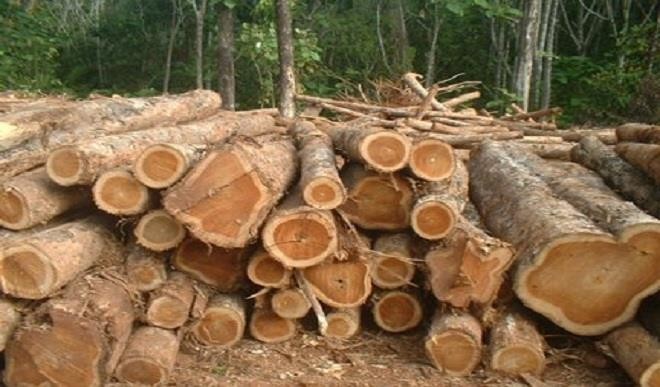Neglected forests threat to biodiversity in Nigeria
Nigerian government established several forest reserves for conservation of forest resources, but the reserves have been seriously neglected and received little or no improvement in terms of investment and management, says an analysis of the nation’s biodiversity. The analysis was conducted by the Convention on Biological Diversity (CBD), an international agreement established by the United […]


Nigerian government established several forest reserves for conservation of forest resources, but the reserves have been seriously neglected and received little or no improvement in terms of investment and management, says an analysis of the nation’s biodiversity.
The analysis was conducted by the Convention on Biological Diversity (CBD), an international agreement established by the United Nations. CBD has the aim of preserving biological diversity around the world. Nigeria became a party member to CBD during the Earth Summit in Rio de Janeiro, in 1992.
The CBD in the analysis entitled ‘The Main Threats to Biodiversity in Nigeria’, noted that the implication of these forest losses is that “many plants and animals, including many potentially valuable species are on the fast track to extinction.”
World Rainforest Movement records show that 70-80 per cent of Nigeria’s original forests have disappeared and presently the area occupied by forests is reduced to 12 per cent.
In the period between 2000 and 2005, Nigeria lost about 2,048, and 3000 ha of forest according to the Food and Agriculture Organisation while the USAID Report on Biodiversity and Tropical Forestry Assessment recorded that there were too many environmental threats in Nigeria affecting biodiversity.
A national assessment also confirmed the reality of high rise and fast tracked increase in biodiversity loss in Nigeria.
An analysis of the major underlying factors responsible for the continuous degradation of biodiversity in Nigeria include high population growth rate as “biodiversity supports the growing populations in rural and urban areas but the pressure is becoming increasingly higher due to over-exploitation occasioned by high demand,” CBD noted.
“Nigeria’s large population is characterised by high percentages of illiteracy, unemployment and poverty, which act as powerful drivers of increasingly severe demands on the remaining biodiversity in Nigeria. Evidence-based field studies have confirmed that natural processes of regeneration are not able to cope with the over-exploitation in high magnitude.”
Other drivers identified by the organisation include poverty, policy and legislation constraints, poor land use planning, governance and transparency, socio-cultural characteristics, food and trade connections and effect of climate change.
